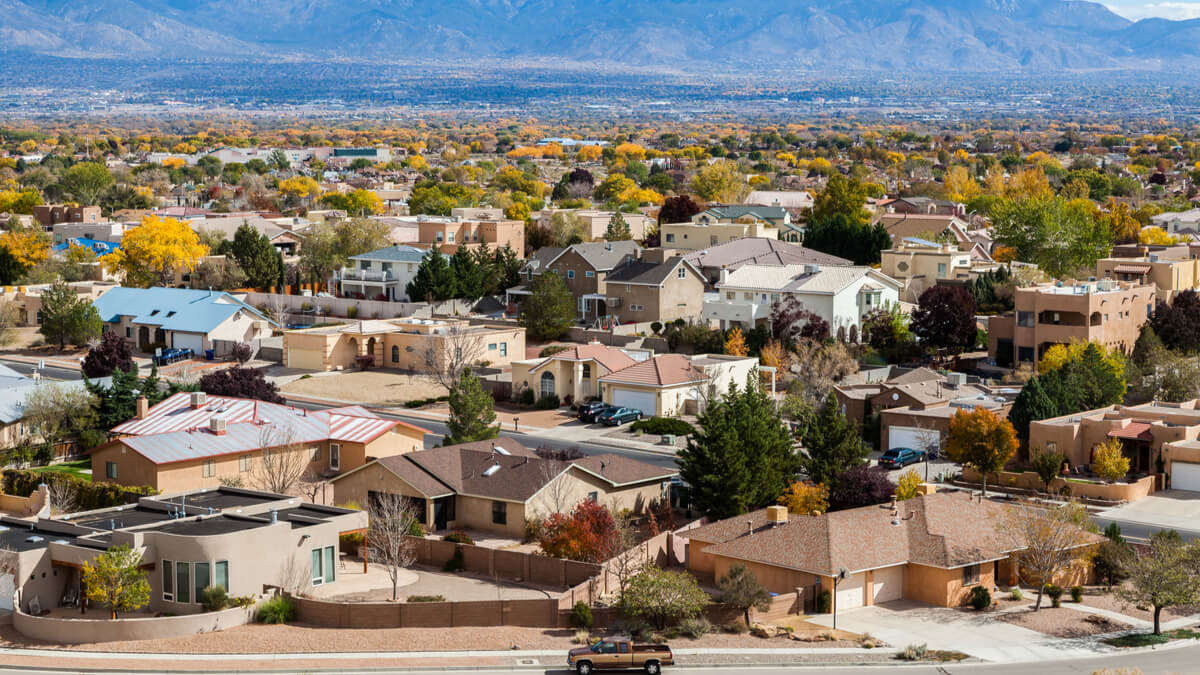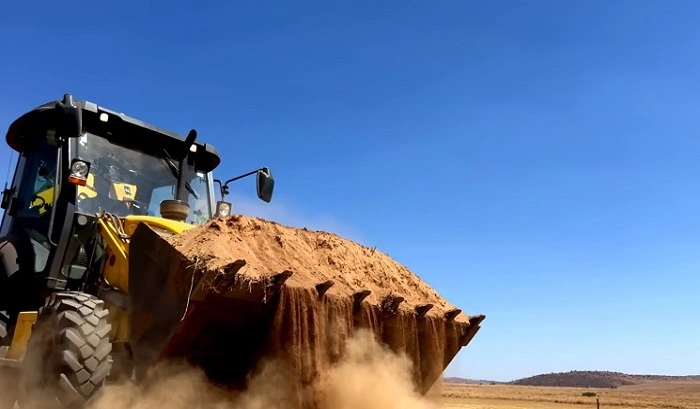Buying Property in Mexico: The Complete Guide for International Buyers

Investing in property in Mexico has become one of the most attractive opportunities for international buyers seeking affordable real estate, beautiful coastal living, and strong long-term returns. With a growing tourism industry, relaxed ownership laws, and a thriving expatriate community, Mexico continues to draw attention from both investors and retirees worldwide. In this detailed guide, we provide everything you need to know about buying property in Mexico, from legal requirements and ownership structures to taxes and best investment locations.
Understanding Property Ownership Laws in Mexico
Foreigners can legally buy property in Mexico, but there are specific rules depending on the property’s location. Mexico’s constitution restricts direct ownership of land within 50 kilometers (31 miles) of the coastline and 100 kilometers (62 miles) from international borders. These areas are known as the Restricted Zones.
However, foreigners can still purchase property in these zones through a Fideicomiso, which is a bank trust authorized by the Mexican government. This trust allows you to hold full ownership rights, sell, lease, or pass on the property to your heirs. Outside these zones, foreigners can buy property directly in their own name with a simple title deed.
What Is a Fideicomiso (Bank Trust)?
A Fideicomiso is a secure and legal instrument established with a Mexican bank acting as the trustee. The bank holds the property title on behalf of the foreign buyer, but the buyer retains all ownership rights, including selling, transferring, or bequeathing the property.
This trust agreement typically lasts 50 years and can be renewed indefinitely. Major banks such as BBVA Bancomer, Santander, and Banorte offer fideicomiso services. The average setup cost ranges from USD 500 to USD 1,000, with an annual maintenance fee of around USD 500.
The Buying Process Step-by-Step
Purchasing property in Mexico requires a few essential steps to ensure a smooth and legal transaction. Below is a clear breakdown:
1. Hire a Real Estate Agent
Work with a licensed real estate agent who specializes in helping foreigners. Ensure the agent is a member of the AMPI (Asociación Mexicana de Profesionales Inmobiliarios), which guarantees professionalism and ethical standards.
2. Find Your Ideal Property
Mexico offers a wide range of options—from beachfront villas and city apartments to countryside estates. Popular areas include Playa del Carmen, Puerto Vallarta, Tulum, Cabo San Lucas, and Mérida.
3. Make an Offer and Sign a Sales Agreement
Once you find a property, make a written offer. When accepted, both parties sign a “Promesa de Compraventa” (Promise to Purchase Agreement), outlining the sale price, deposit amount, and closing timeline.
4. Open a Fideicomiso (if required)
If the property is in a restricted zone, your lawyer or agent will help establish a bank trust (Fideicomiso) to secure your ownership rights.
5. Notary Public and Due Diligence
A Notario Público (government-appointed attorney) will verify all documents, ensure the property has a clean title, and confirm that all taxes and fees are paid. This step is crucial to avoid legal complications.
6. Closing and Registration
Once everything is verified, you’ll sign the final deed before the Notary Public, pay the remaining balance, and the property will be officially registered in your name or your Fideicomiso.
Legal and Tax Considerations
When buying real estate in Mexico, it’s vital to understand the tax obligations and legal requirements associated with ownership.
Property Taxes (Predial)
Annual property taxes in Mexico are very low, typically between 0.05% and 0.2% of the assessed value. Payment is made to the local municipality, and early payments often receive discounts.
Capital Gains Tax (ISR)
If you sell your property at a profit, you’ll pay Capital Gains Tax (Impuesto Sobre la Renta). The rate depends on the gain amount and whether the property was your primary residence.
Closing Costs
Closing costs typically range between 5% and 8% of the property’s purchase price, covering notary fees, permits, and registration.
Financing Property in Mexico
While many buyers purchase property in cash, financing options are increasingly available. Mexican banks and international lenders offer mortgages for foreign buyers, although terms can vary. Most loans require:
- A down payment of 30%–40%
- A loan term of 10–20 years
- Proof of income and financial stability
Alternatively, seller financing is a common practice in Mexico, where the property seller acts as the lender for a set period.
Best Locations to Buy Property in Mexico
1. Playa del Carmen
Located along the Riviera Maya, Playa del Carmen offers modern condos, luxury resorts, and strong rental demand driven by tourism. It’s ideal for investors seeking high ROI through vacation rentals.
2. Puerto Vallarta
A long-standing favorite among expats, Puerto Vallarta combines coastal charm with urban convenience. The area features established communities, beachfront homes, and reliable infrastructure.
3. Tulum
Tulum has become a hotspot for eco-conscious investors. Known for its bohemian lifestyle and sustainable developments, it’s one of the fastest-growing real estate markets in Mexico.
4. Mérida
Mérida, the capital of Yucatán, is praised for its colonial architecture, safety, and cultural richness. Real estate prices here are lower, making it ideal for retirees or long-term investors.
5. Cabo San Lucas
Part of Baja California Sur, Cabo San Lucas is renowned for luxury beachfront villas and exclusive resorts. It attracts wealthy investors and offers some of Mexico’s most prestigious properties.
Residency and Visa Options for Property Owners
Owning property in Mexico can make it easier to obtain residency permits. There are two main options:
- Temporary Resident Visa: Ideal for those who plan to stay longer than 180 days. Property ownership valued at over USD 250,000 often qualifies you for this visa.
- Permanent Resident Visa: After maintaining temporary residency for four years, you may qualify for permanent status, offering long-term benefits like tax residency and work rights.
Investing in Rental Properties
Mexico’s booming tourism market creates strong opportunities for rental income. Vacation hotspots such as Cancun, Tulum, and Playa del Carmen have year-round demand, especially through Airbnb and other short-term rental platforms.
Before renting, check local regulations, as some municipalities now require rental licenses. Proper management and marketing can yield annual returns of 6–10% depending on the property’s location and amenities.
Common Mistakes to Avoid When Buying in Mexico
- Skipping legal due diligence – Always confirm clear title and property taxes before purchase.
- Not using a Notary Public – A notary is legally required for real estate transactions in Mexico.
- Ignoring ongoing fees – Consider HOA, maintenance, and Fideicomiso renewal costs.
- Lack of bilingual support – Hire professionals fluent in both English and Spanish.
- Buying based on emotion – Research market trends and long-term value before investing.
Final Thoughts on Buying Property in Mexico
Buying property in Mexico offers a combination of affordability, lifestyle, and investment potential rarely found elsewhere. Whether you’re looking for a retirement home, rental property, or a beachfront escape, the country’s favorable laws, stable economy, and growing infrastructure make it a top choice for international buyers.






